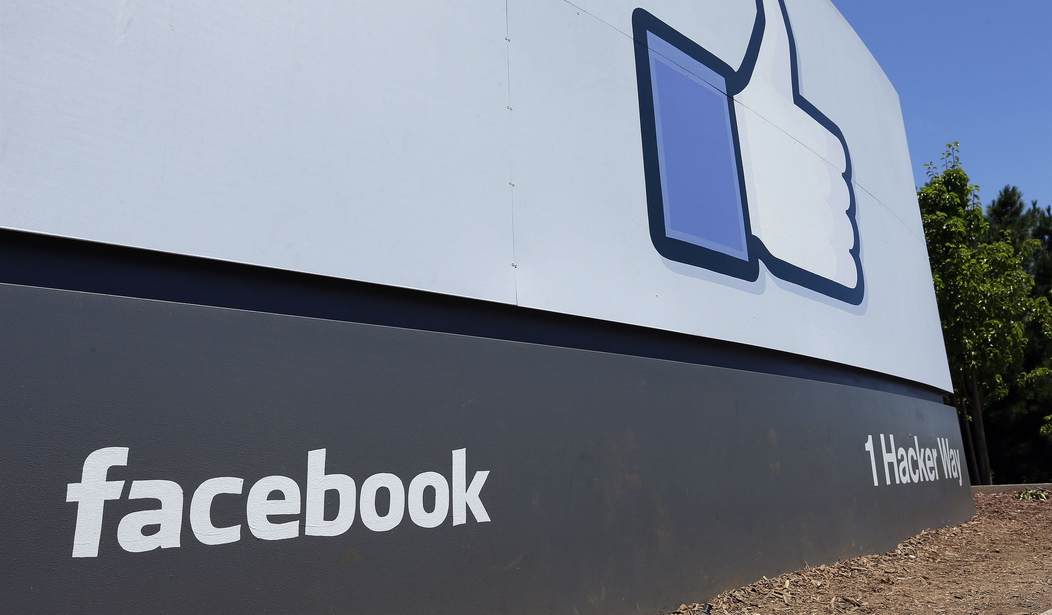As most of you are likely aware, there has been a concerted effort on the part of Facebook, Twitter, and other social media platforms to squelch social media content that questions the current narrative regarding virtually everything to do with the pandemic and the government’s response to it. Despite the fact that the government narrative continues to shift on a regular basis as new information is revealed, any voices who bring up the results of studies that suggest anything contrary to what the government wants you to believe this week are quickly silenced in too many cases. But this week, a bit of sanity appears to have shown up in Great Britain, coming from The Royal Society, the United Kingdom’s academy of sciences. They released a report saying that the censorship of such information is contrary to the fundamental goals of actual science. (Daily Caller)
One of the world’s leading scientific organizations issued a report Wednesday arguing that social media sites should avoid censoring scientific “misinformation.”
The Royal Society, the U.K.’s academy of sciences, published a study of online scientific and health misinformation Wednesday, investigating its root causes and brainstorming possible solutions. The scientists concluded that censoring content deemed to be misinformation is often harmful and antithetical to the principles of scientific inquiry. (RELATED: YouTube Expands Crackdown On Vaccine Misinformation, Targets Specific Accounts)
“In the early days of the pandemic, science was too often painted as absolute and somehow not to be trusted when it corrects itself, but that prodding and testing of received wisdom is integral to the advancement of science, and society,” Frank Kelly, a professor of the mathematics of systems at the Statistical Laboratory at the University of Cambridge, said in a statement on the report.
The argument being made by The Royal Society would, in a more sane world, seem obvious to most people. The underlying foundation of science (as opposed to “The Science” which has become a religion in American media today) involves a collection of data and theories based upon that data which are later challenged and addressed by the collection of further data. That is far from what we have been experiencing in American media (and in many other countries) during this pandemic.
We have covered numerous studies here from around the world that suggest all manner of theories about the novel coronavirus, from its origins to the effects it has on humans. The CDC’s guidelines, most prominently promoted by Dr. Fauci, have shifted so often that it’s become a dizzying spectacle. Face masks have been found to be everything from useless to essential (depending on the type of masking material used) in studies conducted around the globe. The vaccines are either “safe, effective, and free” or unable to combat some of the recent variants, depending on who you ask.
When I bring this up, I’m not talking about the people on social media who promote claims that the vaccines are some sort of global plot to put implants in everyone. I’m pointing to conflicting studies from respected medical organizations ranging from South Africa to Israel to Johns Hopkins. They don’t always agree. And what The Royal Society seems to be pointing out is that these questions don’t undermine the medical research and scientific studies being conducted. They strengthen the process, allowing for a free debate of ideas that scientists will need to address and apply testing to so that we can advance our knowledge of this issue.
The rules currently being enforced on Twitter, Facebook, and other social platforms hinder this process rather than advancing it. These social media giants are currently promoting government dogma over true scientific curiosity, and silencing voices that might further that debate. And given the dominance of social media in our current, critical debates, that is a frightening amount of power for unregulated communications vehicles to exert.
I don’t have any answers as to how we stop this destructive process. Do we treat the social media giants as utilities and break them up or otherwise regulate them? Or do we allow the free market to do its job and see people migrate to platforms that allow more open free speech? Competing against what are effectively monopolies has proven more than challenging for those who have attempted it thus far. But squelching the free market also flies in the face of conservative values. We should, however, not give up on this debate because it causes real-world harm to us globally when science is co-opted into political theater.








Join the conversation as a VIP Member